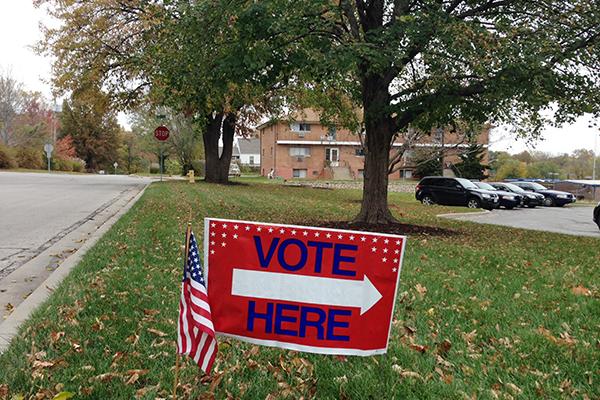Nov 6, 2015
Hamtramck, Mich. residents have elected a Muslim majority to its city council, symbolizing the demographic changes that have transformed the city once known for being a Polish-Catholic enclave.
In Tuesday’s election — with six candidates running for three seats — the top three vote-getters were Muslim, while the bottom three were non-Muslim. Two of the Muslim candidates, Anam Miah and Abu Musa, are incumbent city councilmen, while newcomer Saad Almasmari, the top vote-getter, was also elected. Incumbent City Councilman Robert Zwolak came in fifth place.
Some believe the city is the first in the U.S. with a Muslim majority on its city council.
Read the Full Article

Already a subscriber? Login
